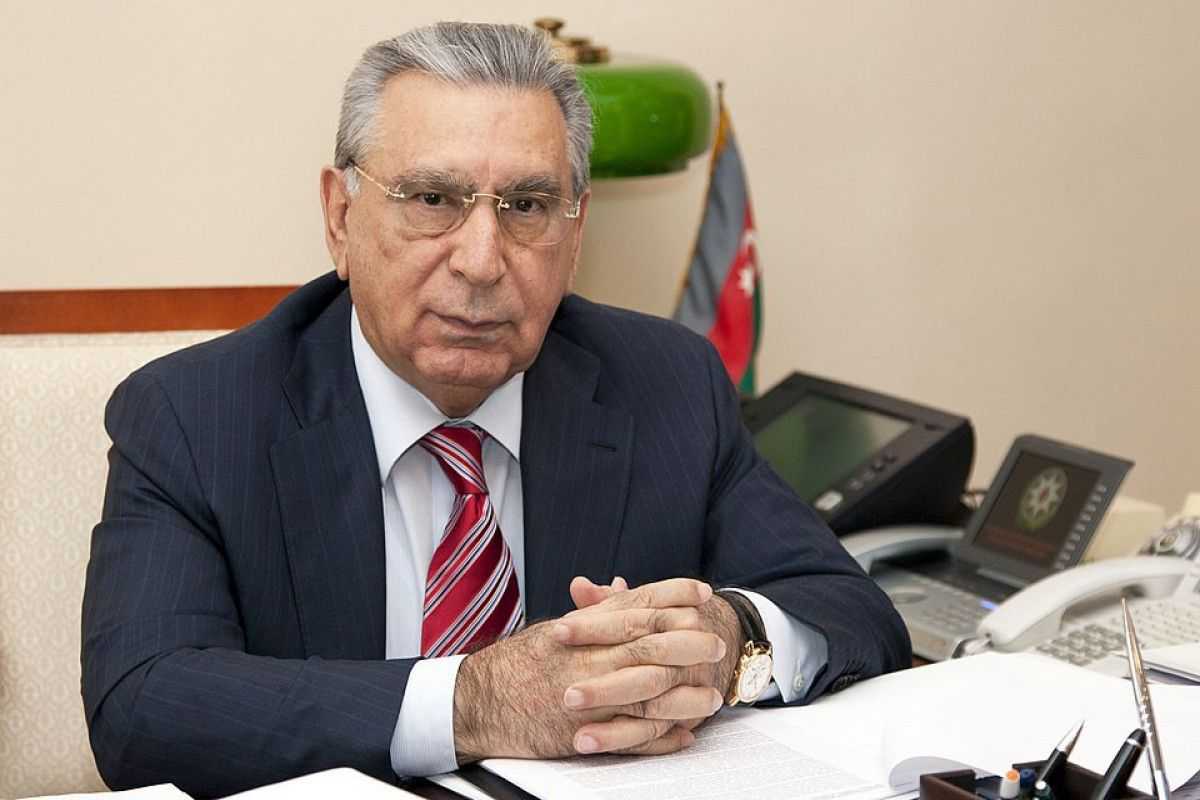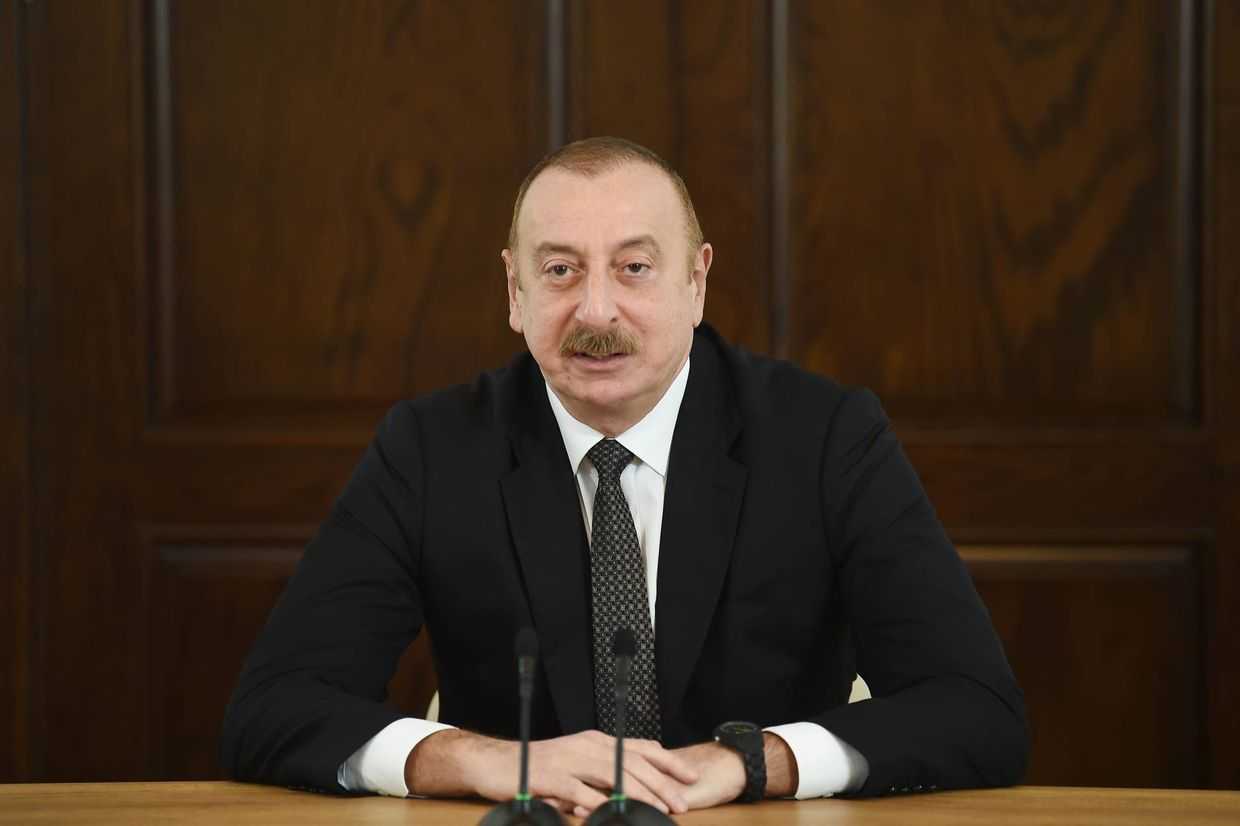
Azerbaijani opposition activist Tofig Yagublu is on his fifth day of hunger strike, with his wife and other activists joining in solidarity.
Yagublu was placed in administrative detention on 23 December, after being arrested at a protest demanding the release of social activist Bakhtiyar Hajiyev.
On the same day, a Baku court found him guilty of petty hooliganism and disobeying the police, sentencing him to 30 days of administrative detention, a decision that Yagublu described as politically-motivated.
According to Yagublu’s daughter, Nigar Hazi, the opposition activist began his hunger strike to protest the ‘illegal’ decision to detain him, as well as the poor quality and quantity of the food provided to prisoners in the detention centre and ‘unreasonable and illegal prohibitions’ on receiving food as gifts at the detention centre.
‘The detention centre almost does not provide food to the prisoners. The food provided by the detention centre is just so that they do not die of hunger’, she said.
Hazi added that the quality of the food was such that ‘it is better not to eat that poor quality food than to eat it’.
Yagublu’s wife, Maya Yagublu, began a hunger strike in solidarity with her husband on 7 January, following a visit to the detention centre.
She claimed that because of malfunctioning technology, she had been prevented from communicating with her husband when visiting him in prison.
‘I have always supported my partner. I also have serious health problems, but in spite of everything, I am also on hunger strike at home from today. If we’re going to die, we’re going to die together’, she said.
Following her announcement, at least eight other opposition activists have announced that they are also joining the hunger strike in solidarity.
On Sunday, Hazi said that she had received information that ‘the authorities want to “fulfil” Tofig Yagublu’s demands.’
According to Hazi, the detention centre’s management stated that they would allow Yagublu to meet with his family and have food that he wanted brought from a restaurant if he were to stop his hunger strike, but that Yagublu refused.
‘He justified his refusal with the fact that he is not only on hunger strike because of his food problems, but because all the prisoners serving a sentence there have the same problems’, wrote Hazi.
Yagublu’s lawyer, Nemat Karimli, wrote that at a meeting on Monday, Yagublu had lost weight and was weak and frequently dizzy.
He added that a police officer had been present when Karimli and Yagublu met, meaning that the detainee’s right to a confidential meeting with their lawyer had been violated.









